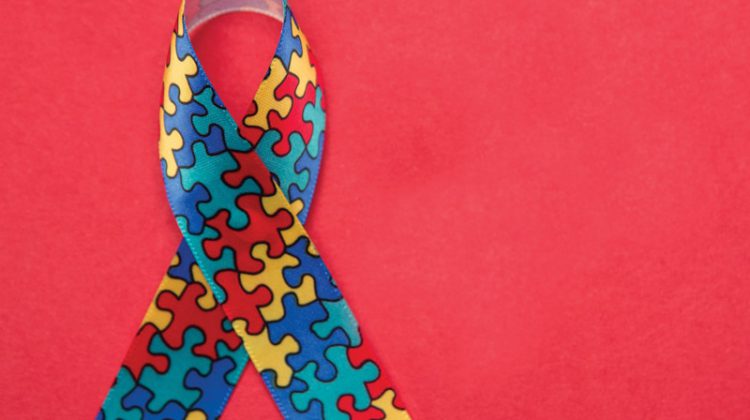By: Dr. Brian Gannon
In honor of Autism Awareness month in April, I would like to review some of the resources available in our region for helping families deal with their children who are affected by autism spectrum disorders (ASD).
When a child is not developing typically, leading parents to wonder about ASD, the best first step is to discuss the child’s milestones and behavioral symptoms with the pediatrician. Many pediatricians use standardized screening questionnaires, such as the M-CHAT, to aid in clarifying whether a child fits the diagnosis of ASD. Once the diagnosis is made, parents rapidly realize their main task is to be an advocate for the child, in order to maximize the child’s development and future possibilities for achievement and self-sufficiency.
Many resources are available locally, nationally, and on the Internet to educate parents in ways to foster children’s development and social skills. For more specific diagnosis, University of Louisville has an Autism Center through the Weisskopf Child Evaluation Center (on the web at Louisville.edu/autism), as do St. Mary’s Children’s Center in Evansville and Vanderbilt (kc.vanderbilt.edu/triad) in Nashville.
During the early years, before age three, many of the resources to aid in speech and social development are through First Steps, a government-sponsored agency. Many children may receive therapy in the home setting at this age, although in some cases the child may benefit from being in a group with peers of similar age with similar challenges. The most common behaviors children show at this age are abnormal speech (sometimes no speech at all), odd feeding patterns, and tantrums not responding to typical discipline strategies.
When working with First Steps on choosing a therapist for your child, be sure to ask if the therapist has special training or interest in the specific symptoms your child shows. Some of the providers in Owensboro, particularly through Wendell Foster’s Campus and Puzzle Pieces, have experience in the unusual feeding problems of autistic children.
By age three, these services are available through the school system. In many cases, the same therapist will continue to work with your child, but the responsible party shifts to the school system instead of the state. Another resource that could be helpful at this point is the Kentucky Autism Training Center, also at University of Louisville. This Center maintains a database of providers with expertise in ASD for parents who need extra support as their child grows older. The KATS can link parents with training events for parents and early childhood educators. They have an extensive library of articles and guidebooks on teaching methods and behavioral management plans that have been found through research to be most successful for children with ASD.
In the school system, once the child enters kindergarten, your child may be offered a slot in a school outside his or her zoned school in a special “autism unit.” This can be a great opportunity for you and your child to blend in with others who are traveling the same road, and all of you can learn from each other’s little successes. These teachers also have special training in teaching styles for ASD. There are at least two programs in Owensboro for these special-needs children that provide further support, such as applied behavioral analysis (ABA), which is a philosophy that has shown excellent results as children with ASD transition into the real world.
Growing Minds, based in Henderson, has several campuses around Western Kentucky, including one in Owensboro (growingmindslearningcenter.com). It serves 7 local counties and children from birth to age 18, accepting billing through Medicaid and some private insurance. They provide individual therapy and tutoring as well as a social skills group.
The Kelly Autism Program of Western Kentucky University has a satellite campus in Owensboro at the Wendell Foster Center. Services are similar to those noted above but are aimed more at school-aged children starting at age 7, as an extension of their school day. The WFC also has a sensory garden that many families enjoy.
Children with ASD present many unique daily challenges to their families because of their special temperaments and personalities, as well as their atypical pattern of interacting with the world. If these children and their families have specialized guidance from therapists and educators, they have lots of potential for contributing to our greater society in their own unique, rewarding way.

